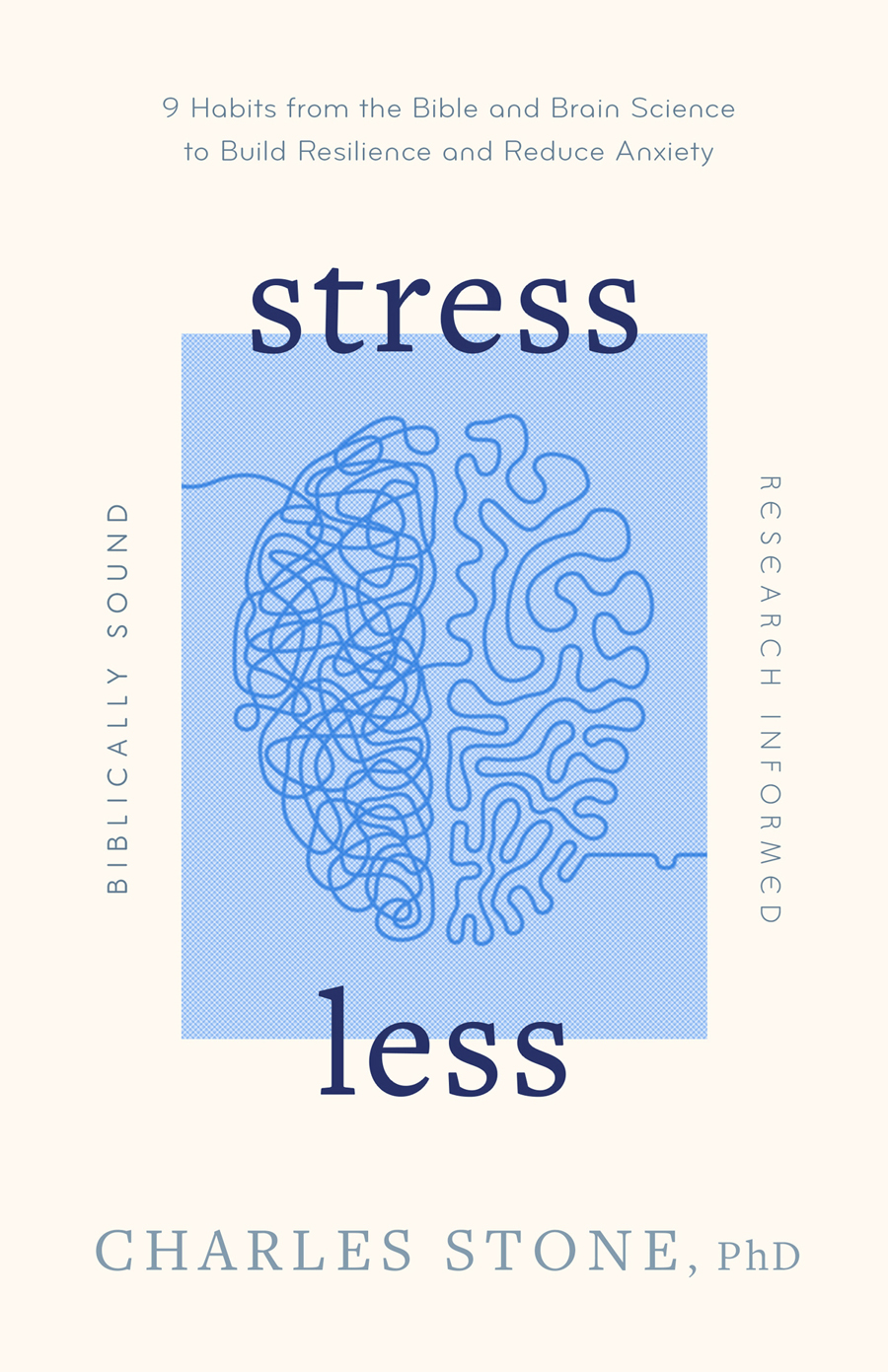I must confess upfront that I don’t play golf. I’ve only played it once, unless you count dinosaur carpet golf our family often played while on vacation. However, several years ago my father-in-law tried to interest me in the sport. He gave me a set of nice used clubs. But, I never used them. Three years later he asked me how my game was going. Chagrined, I had to admit that I never played with them. He asked me to give them back to him (he really did). Although I don’t play the game, I know a few key terms such as birdie, bogey, and par. A golfer scores a birdie when he sinks the ball in one less stroke than par. He scores a bogie when he sinks it one stroke over par. So what do birdies and bogies have to do with leadership?
They provide a compelling visual metaphor for how some leaders miss great opportunities (birdies) because they act like bogey leaders. Researchers at the Wharton School at the University of Pennsylvania analyzed over 2.5 million putts from the top 20 golfers on the PGA tour in 2007 and made a surprising discovery.[1] Prompted by fear of a ‘bogey,’ these golfers often played it safe in tournaments. Their fear resulted in an average one-stroke loss per 72-hole tournament with a combined annual loss of $1.2 million in potential prize money. “The agony of a bogey seem(ed) to outweigh the thrill of a birdie.”[2]
This dynamic, called loss or risk aversion, occurs when fear of loss stifles our attempts at gain. As a result, that fear can cause us to miss opportunities because we lead (or golf) too conservatively. In fact, our brains seem to be wired this way. Two thirds of the cells in the fight-flight structures of our brain (the amygdala) are wired to look for potential bad news. Personal experience tells us that we tend to more easily remember bad things than good. And we more quickly form bad impressions of others than good ones. Unfortunately, some leaders give in to this tendency too easily and make leadership decisions to avoid loss instead of achieving gain.
So what can a leader do to minimize risk aversion?
I suggest what I call the 3-C approach to minimize it: counsel, certainty, and confidence.
- Counsel: seek it. When you feel you’re about to play it safe when faced with an important decision, seek counsel from wise people. You might choose your staff, your board, a close friend, or a coach. Often input from an objective person can give us what we need to pull the trigger, or not. The writer of Proverbs encourages us to do this. Plans go wrong for lack of advice; many advisers bring success. (Prov 15.22, NLT)
- Certainty: get it. Our brains love certainty.[3] We want to know what lies just around the corner. But often we have no control over the future. Every decision brings with it some uncertainty because we can’t guarantee most outcomes. In response to uncertainty, the flight-fight part of our brain secretes chemicals that prompt the fear emotion, a big de-motivator. That’s where faith must come in. Faith is essentially confidence in the One who is most certain, God Himself. To overcome this fear prompted by the uncertainty of decision-making, we must place our confidence in the one thing we can be sure of, God’s faithfulness. He’ll give us that extra boost of certainty we need to make the decision.
- Courage: live it. Courage counters fear. It doesn’t remove it. When fear rises before a decision, perhaps it’s a sign that we’re on the right track. Mark Twain said it well when he wrote, “Courage is resistance to fear, mastery of fear – not absence of fear. John Wayne, the venerable cowboy of cowboys offers great advice when fear prompts us to avoid a reasonable risk, “Courage is being scared to death – but saddling up anyway.”
So the next time you face a leadership decision and fear attempts to derail you, consider what you could lose if you don’t move forward and saddle up anyway. Don’t bogey your decision. Birdie it instead.
How would you describe most of the leaders you know, bogie or birdie leaders?
Related Posts:
- What do Toilet Repairs and Leadership Have in Common
- Three Probing Questions Every Leader should Ask Every Year
[1] David G Pope and Maurice E. Schweitzer, Is Tiger Woods Loss Averse? Persistent Bias in the Face of Experience, Competition, and High Stakes (2007), http://knowledge.wharton.upenn.edu/papers/download/101009_Pope_Schweitzer_Final_with_Names_10_2009.pdf, accessed 1/8/12.
[2] Avoiding the Agony of a ‘Bogey’: Loss Aversion in Gold—and Business, Knowledge @ Wharton, (11/11/09), http://knowledge.wharton.upenn.edu/article.cfm?articleid=2380, accessed 1/8/12.
[3] David Rock, “Managing with the Brain in Mind,” Strategy+Business, 56, (2009), http://www.davidrock.net/files/ManagingWBrainInMind.pdf, accessed 1/9/12.



Charles,
Thank you for the article. What a good reminder that God calls us to “soar like birdies” (Isaiah 40:31), and not a “bogey”, which was a Scottish term used for “goblin” or “devil”. As leaders, it is better to soar like birdies than to shrink because of the devil. 🙂
You life application was a good reminder as well.
Thanks again.
Jason